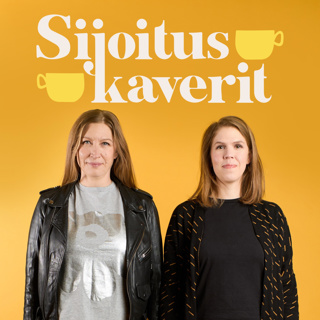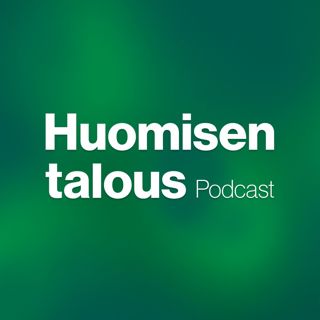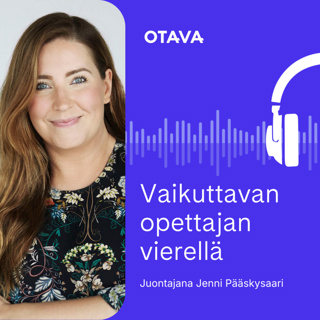
106: Invisible Presentation Technique
Solving a case while talking an interviewer through your thinking (written or otherwise) is, for the interviewer, a little like trying to understand a presentation without seeing the slides. Or at the very least seeing untidy slides – that is, assuming your working sheets are messy. Here we talk through the anatomy of a case dialogue pointing out key mistakes candidates make and a very simple technique they can use when communicating in case interviews.
1 Joulu 201212min

105: Case length and details
When we ask candidates for more details in their resume, fit responses and cover letter, they always write longer sentences. There is an important difference between "more details" and "greater length". Most candidates are accustomed to spending just a few minutes on a thought and then writing up long and poorly structured sentences. When we ask for more details, we require more facts in the case interview or fit answer and this, crucially, usually means denser and shorter answers.
25 Marras 20126min

104: Do Not Read Your Interviewer
It is impossible to read the personality of an interview and we discuss the typical errors candidates make in trying to read too much into the behavior of interviewers: quiet, asking questions, rude, etc. One thing we always caution candidates is to be wary of assuming the friendly person likes them or that the unfriendly person does not like them. Friendliness does not equate to "like" and people display their emotions in very different ways. So, if the interviewer is very friendly, it could go either way.
19 Marras 20129min

103: Kim Kardashian on Analytics
It is impossible to read the personality of an interview and we discuss the typical errors candidates make in trying to read too much into the behavior of interviewers: quiet, asking questions, rude, etc. One thing we always caution candidates is to be wary of assuming the friendly person likes them or that the unfriendly person does not like them. Friendliness does not equate to "like" and people display their emotions in very different ways. So, if the interviewer is very friendly, it could go either way.
13 Marras 20126min

102: Religion, Politics, Culture etc.
When interviewing with a partner or associate from a different culture, it is very easy to say something which can offend a person. Our very own clients have said seemly innocent things only to have it blow up in their face much later, and sometimes in the interview. We have a strict rule of never discussing religion, politics, culture and ethnicity with clients. This avoids topics which can offend people if the wrong things are said. The issue is not about who right, since this is an issue of personal faith and rationality does not always work. It is best to avoid these topics.
7 Marras 201215min

101: Example of Poor Case Dialogue
Interviewers can only respond to what you say, and poor communication, like in this example, not only wastes time, but is a poor reflection on your candidacy. This is a crucial point to remember. No matter how brilliant you may be, if you cannot communicate that brilliance, and do so in a manner laymen would understand, your intellect counts for little in a case interview since it is all about demonstrated competency. You must demonstrate your competency. Period.
1 Marras 201211min

100: Reading Data Exhibits in 4 Simple Steps
The right way to read a graph in a case interview and a set of graphics, is not to look for each insight, but to extract the overall message. Most candidates take enormous pride in reading every insight they can find and proudly highlighting them in no particular order - and the waiting for instructions. While there is nothing wrong with this, it is not the way consultants read cases and requires someone, usually the interviewer, to guide the prioritization of the information and generation of the next steps in the case. You can impress the interviewer by weaving together the one most important message, relevant to the case, from all the data.
26 Loka 201210min

99: Three to Five Step Brainstorming Approach
Brainstorming is the core of a McKinsey case interview. It is tough to pass a case without brainstorming skills. The problem is that it is hard to find a definition and technique to brainstorm effectively and efficiently. This podcast introduces a 3 step, or 5 depending on the way you list the steps, approach to ease the brainstorming approach. This is a very powerful technique which all consultants use daily and is adapted from a BCG technique.
20 Loka 20129min





















